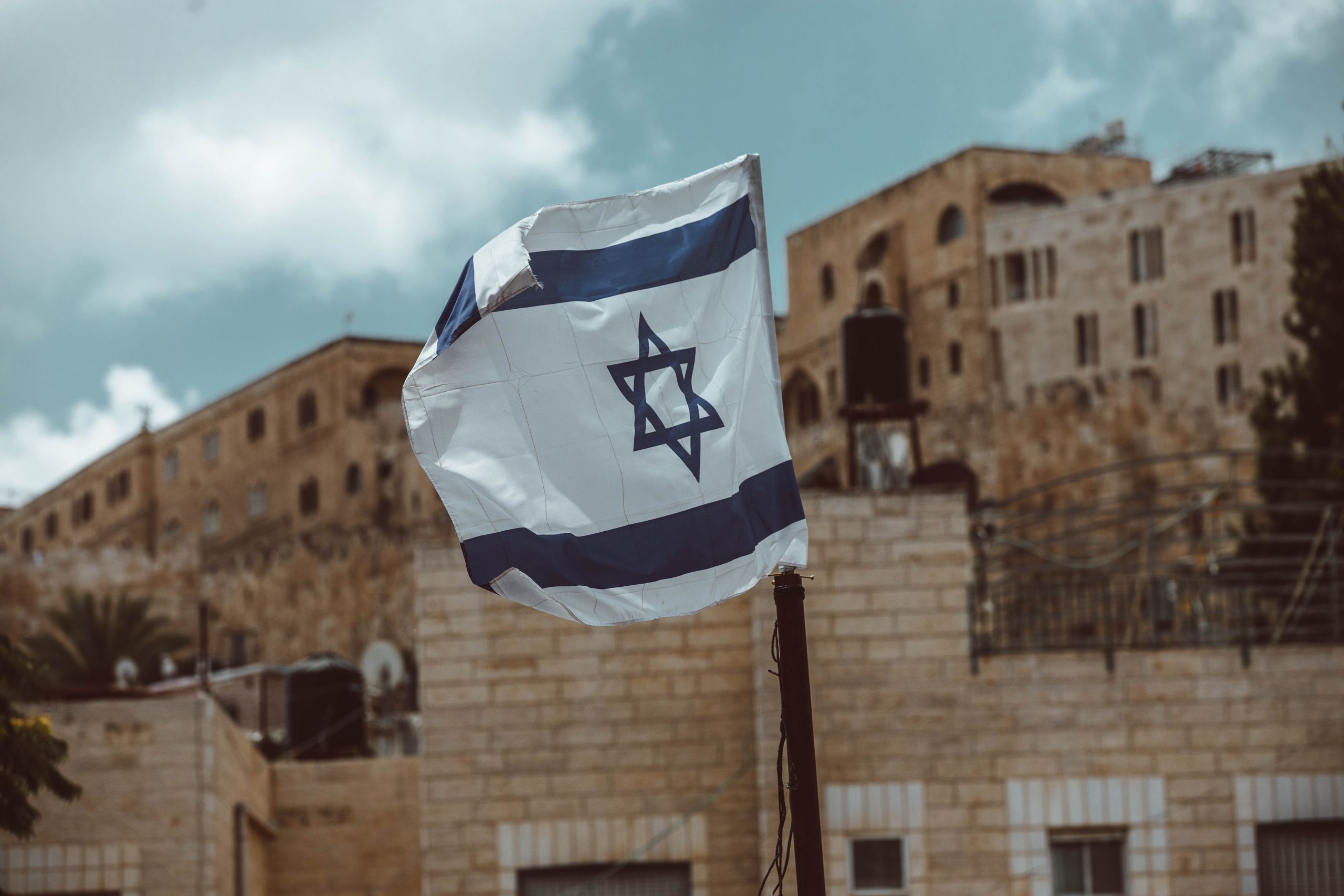Cabrini’s thoughts and prayers go out to the people of Israel as they are being terrorized by a group called Hamas. Hamas’ surprise attack resulted in the single deadliest day in Israel’s history. This attack has killed more than 1,300 Israelis and at least fourteen Americans. Hamas has also taken dozens of hostages and are holding them in Gaza. All these events have led to Israel declaring war on Hamas, striking back hard, and causing chaos.
How students are affected

Not only does this attack severely affect the people of Israel, but it also affects the students of Cabrini and all universities around the country. Professor of history political science Dr. Jim Hedtke said, “With students, one concern is trying to figure this whole conflict out because the conflict is so old and complicated that students have difficulty understanding what the conflicts are about and who the players are.” This concept is very difficult to understand due to it dating back many years.
Hedtke added, “When students get the conflicts figured out, they are in a mess if they take a position. If you take an Israeli position you’re immediately accused of Islamophobia. If you take a pro-Hamas position, you are immediately accused of antisemitism. So, students are almost afraid to discuss it because they do not want to be seen as Islamophobic or antisemitic. This brings in a free speech problem.”
A deeper look
Hedtke’s point, that students can be afraid to voice their opinion because they do not want it to make them look bad as a person, or potentially negatively affect their grades due to a teacher’s opinion being far different from theirs, is real.
Junior accounting major Jack Gerzabek said, “I tend to get very uncomfortable in class when a current event topic comes up. If the teacher and I have the same opinion, then I will voice my opinion. But, if theirs is different from mine I keep my mouth shut. I’m not saying all teachers do this, but I’ve heard horror stories of students’ grades being affected due to them disagreeing with the teacher on some points. That’s just not right.”
In an article by Chris Burt for University Business, he notes, “According to a new report from higher education ranking and planning platform Intelligent.com, 52% of students they surveyed said they always or often keep political opinions to themselves. Many do so out of fear of reprisal from other students and professors in terms of respect, grades and even safety.”
Freedom of speech issues outside of Cabrini
According to an article written by Ahmad Amirali, who is a professional secondary educator with over five years of experience in education and a blogger for myreadables.com, states, “One thing, which is encouraging to me, was that these shy students were eager to talk. They wanted to speak. However, they were afraid of even letting themselves think out loud about a position that might land them in trouble through social grounds.”
However, students are still expressing fear over expressing an opinion that could receive pushback from professors/peers. “Some research suggests that it would be easier if students assigned an opinion so that they wouldn’t have to be responsible for holding it or feel bad for defending it. But in this way, students find it challenging to engage in an inquiry mode for the topic.”
This leads to a lack of opinions being expressed, and loss of free thought.





